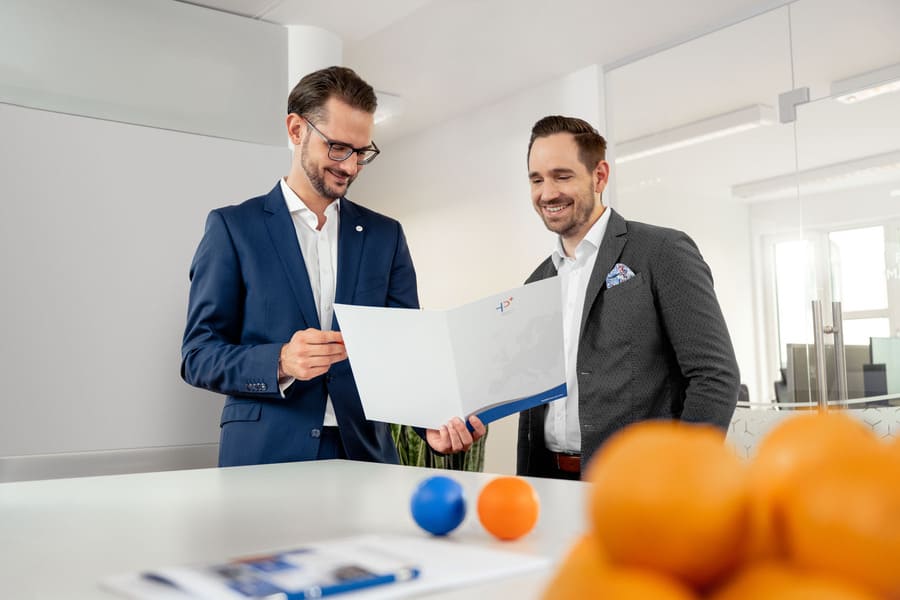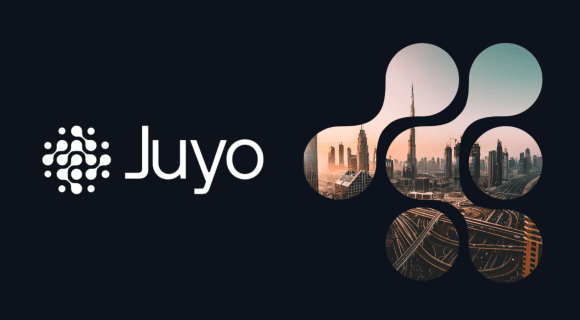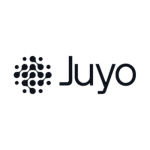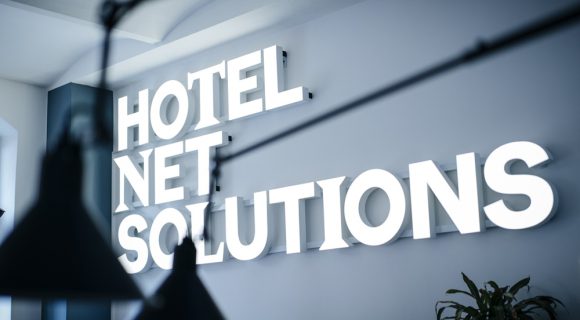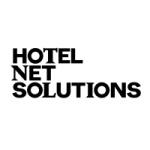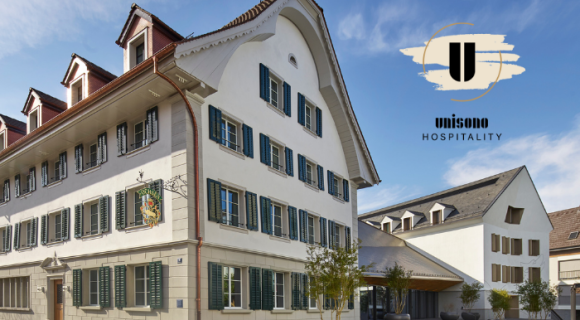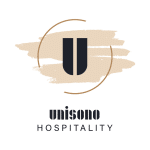
Sometimes, you have to take a risk
Daniela Schelski is set to expand the employer branding of Hotelpartner as the People & Culture Manager. In this interview, she explains the roles that appreciation, courage, and new work models play in this endeavor.
An HR expert with a background in hospitality, Daniela Schelski began her career with training as a restaurant specialist. Before taking on HR responsibilities for a hotel operator, she held various roles in hotels and restaurants in the DACH region, including a stint as the Operations Manager at a luxury hotel. Most recently, she served as the HR Manager at Grand Hotel National AG.
elevatr: Daniela, what does work mean to you?
Daniela Schelski: Work, to me, means being there for employees and managers with passion and dedication. I can share and pass on my experiences as a mentor or advisor.
Your life motto is: “No matter which path you choose, make sure it makes you happy.” What advice would you give someone trying to embody this creed?
Seize your opportunities, believe in yourself, look forward, and forge your path. Embrace challenges, don’t let a few obstacles slow you down; they are part of the journey and make you stronger. You must be happy!
Appreciation is often considered a key leadership recommendation today. Is this rightful?
Absolutely. It’s essential to show appreciation to employees through recognition of their efforts, regular feedback, and providing development opportunities. A compliment and a thank you serve as motivation for each individual!
Does this appreciation begin even before the application process?
Yes, because it creates the opportunity to pique the interest of potential applicants, whether through clear job postings, informative preliminary discussions, or transparent communication.
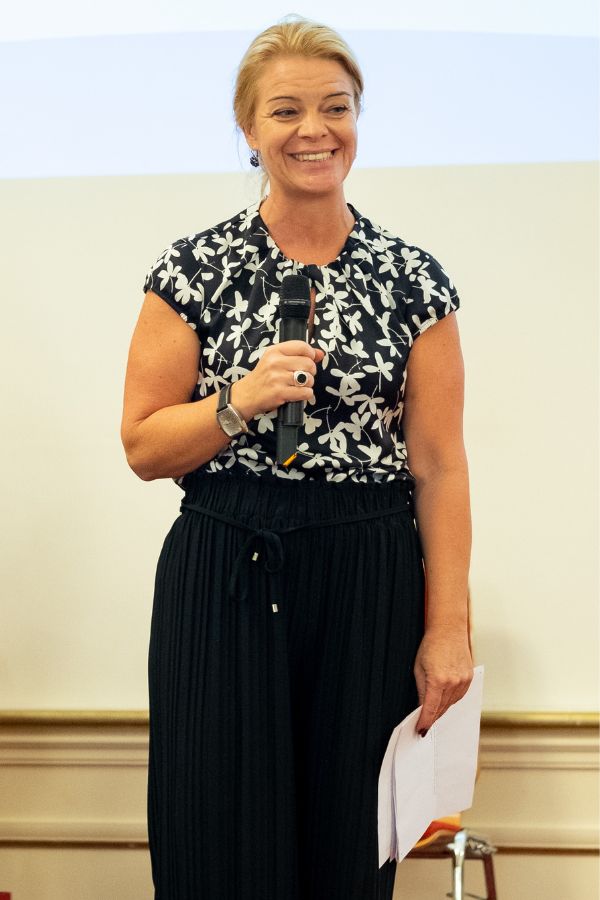
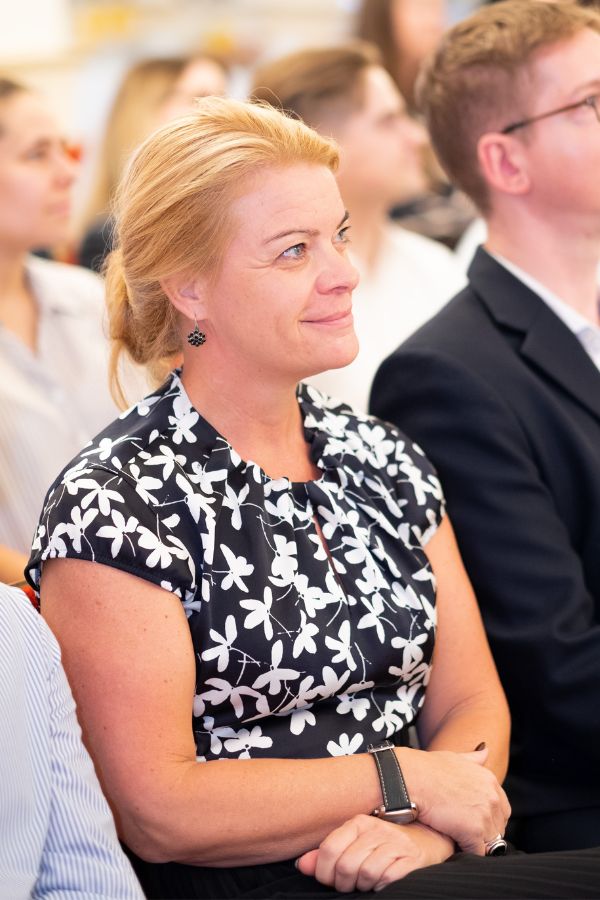
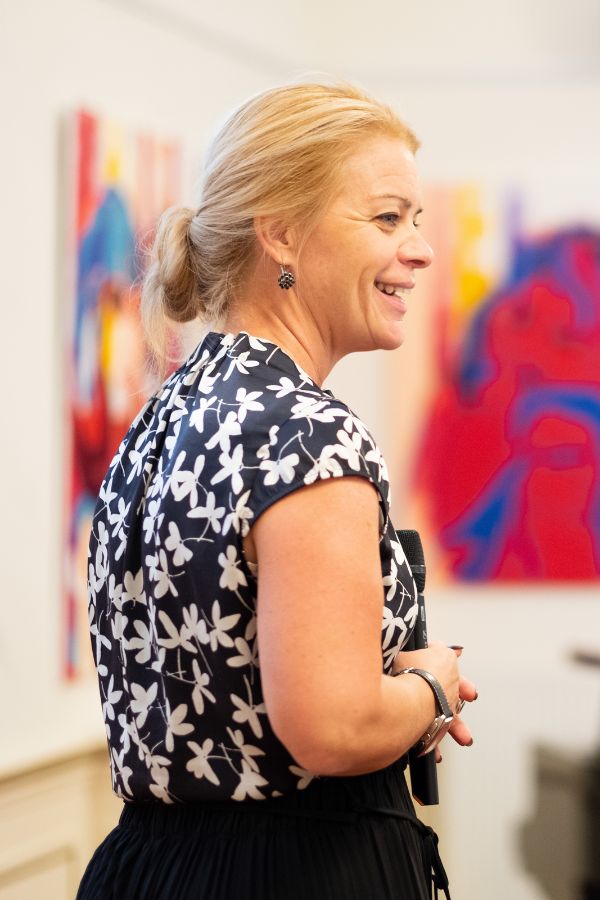
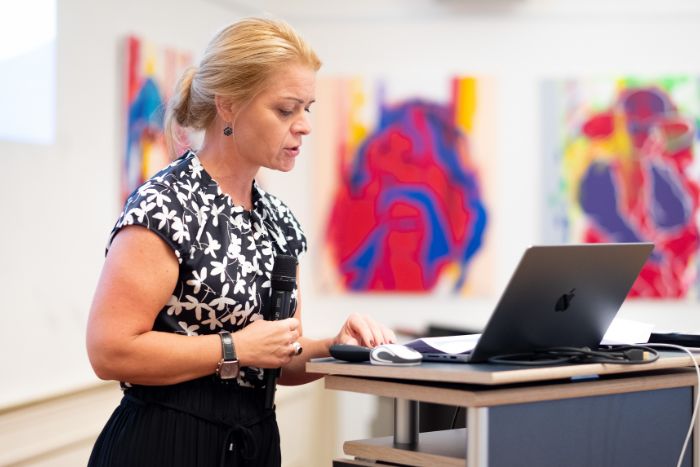
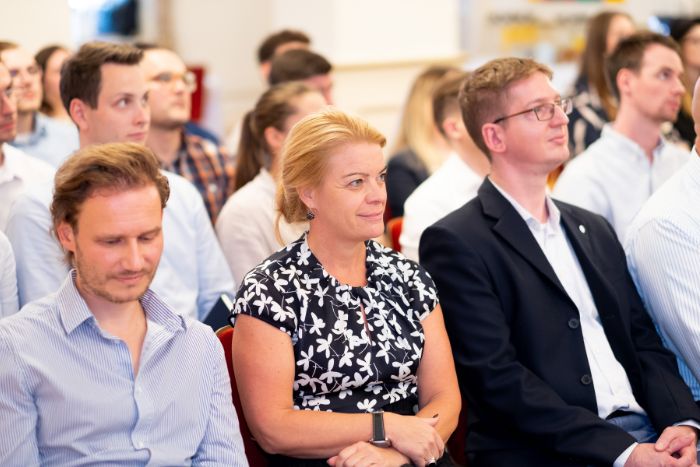
In your role, you aim to set new standards in employee development. How do you approach this task?
As the People & Culture Manager, it’s important to highlight opportunities, promote development, and occasionally take risks. We don’t always find experienced, trained employees, and not everyone has a traditional career path, so we should also consider candidates with diverse backgrounds. Additionally, it requires leaders who possess the necessary skills and bring the commitment to implement the above. Anyone who is eager to learn, motivated, and open to new things should have a chance!
What does this mean in terms of education?
In the future, it will become increasingly important to train and develop employees ourselves. We provide them with opportunities and value their commitment.
How should employers approach potential employees in the future?
We need to use different approaches depending on the personas. The best way is through our own employees, who recommend us as an employer in their network. Then there’s the classic company website, where open positions are announced, or a talent pool is utilized. For young students, for example, we will also use Career Days in schools and optimize our social media presence.
In general, it can be said that the various industries don’t really differ much when there’s a shortage of labor or skilled workers. We differ in our corporate culture – in who we are and what sets us apart.
How do you turn the different professionals in a company into a team?
We take into account the different generations and their needs. We value each other’s uniqueness and promote team spirit through respect, tolerance, and shared values.
What common values does Hotelpartner uphold?
Our core values are optimization, success, and safety. Other values that are important to us include respect, tolerance, appreciation, and recognition.
“We inquire about the values of candidates even during the application process to find common ground.”
Daniela Schelski
How can values be implemented and lived in a company? What prerequisites do employees need for this?
It’s important for every organization to have a vision, mission, and shared values. These form the foundation for working together. We inquire about the values of candidates even during the application process to find common ground. During onboarding, each employee receives a handbook. And during the training phase, the individual areas are discussed. This facilitates a mutual exchange, both between individuals and within the team. Furthermore, we strive to implement and live out the values in our daily business.
Security or freedom – which value will weigh more in the future?
Both are important and go hand in hand. Which one is more important is a personal decision – for me, it would be security, while for younger employees, it might be freedom. Often, it also varies depending on the stage or situation in life.
Speaking of life situations: how can the hospitality industry define New Work for itself?
The key is to listen to employees and try to consider their wishes or situations. It helps to try something new, such as creating part-time positions and being open to unconventional work models.
In your opinion, what are models that will prove themselves in the future?
In addition to the traditional full-time model, this will certainly include openness to part-time and job-sharing models. Regarding daily working hours, models like core hours and flextime are options. Furthermore, hybrid possibilities should not be underestimated, if possible: a mix of home office and office work. Especially in the development of employees, project work for a defined period can also be interesting.
What are your personal biggest learnings from your previous work?
My biggest learnings come from my own life and professional experience. True to my motto: Seize your opportunities, believe in yourself, look forward. Every new day is a day when I learn something.
What do you wish for the future of HR in the hospitality industry?
I wish that we could once again inspire talents of all ages for the hospitality industry. It’s an interesting sector that offers so many possibilities!
Interview: Verena Usleber
